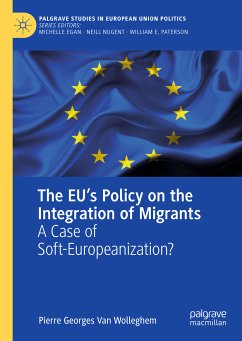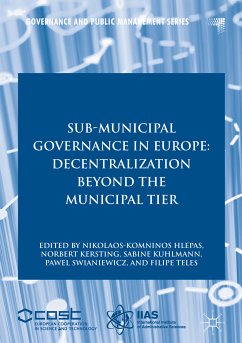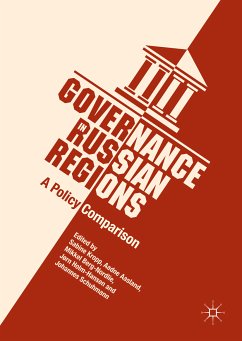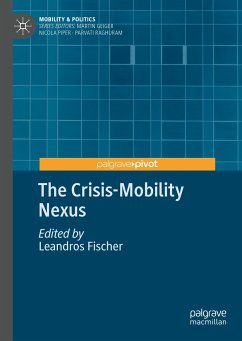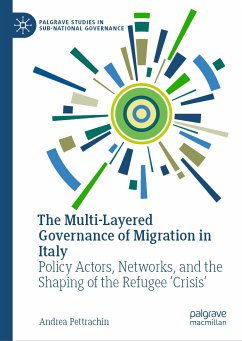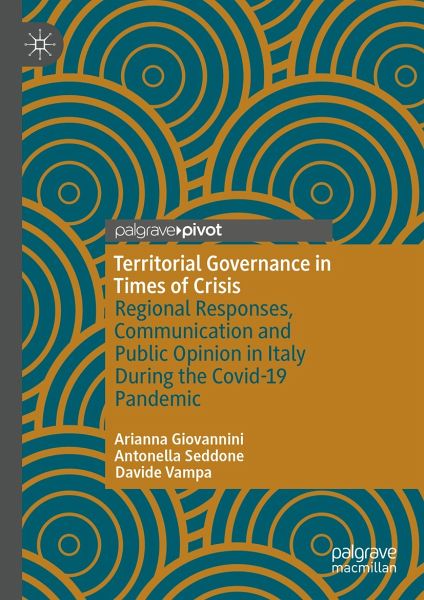
Territorial Governance in Times of Crisis (eBook, PDF)
Regional Responses, Communication and Public Opinion in Italy During the Covid-19 Pandemic
Versandkostenfrei!
Sofort per Download lieferbar
36,95 €
inkl. MwSt.
Weitere Ausgaben:

PAYBACK Punkte
18 °P sammeln!
This book offers a comprehensive exploration of multi-level governance, political communication and public opinion in Italy during the Covid-19 emergency. Italy's territorial arrangements of blending aspects of unitary and federal systems within a 'regionalized' framework underscore the tensions between centralization and decentralization, a theme echoed in many other nations. Given the state of flux and lack of clear direction of Italian regionalism at the onset of the pandemic, the analysis provides particularly interesting insights into the effects of this unprecedented crisis on regional d...
This book offers a comprehensive exploration of multi-level governance, political communication and public opinion in Italy during the Covid-19 emergency. Italy's territorial arrangements of blending aspects of unitary and federal systems within a 'regionalized' framework underscore the tensions between centralization and decentralization, a theme echoed in many other nations. Given the state of flux and lack of clear direction of Italian regionalism at the onset of the pandemic, the analysis provides particularly interesting insights into the effects of this unprecedented crisis on regional dynamics. Covid-19 acted as a catalyst, amplifying and exacerbating existing territorial disparities, while also highlighting the resilience and adaptability of some regions. The book delves into the national and sub-national responses to the pandemic, examines how politicians and regional leaders presented them, and how citizens perceived these responses. Through this analysis, it provides deeper insights into the intricate interplay between centralization and decentralization, as well as the diverse strategies employed to address a wide spectrum of health, social, and economic challenges. Ultimately, by moving from institutions to citizens, the book reflects on how external shocks can both challenge the democratic underpinnings of decentralization and offer opportunities to strengthen them.
Dieser Download kann aus rechtlichen Gründen nur mit Rechnungsadresse in A, B, BG, CY, CZ, D, DK, EW, E, FIN, F, GR, HR, H, IRL, I, LT, L, LR, M, NL, PL, P, R, S, SLO, SK ausgeliefert werden.



